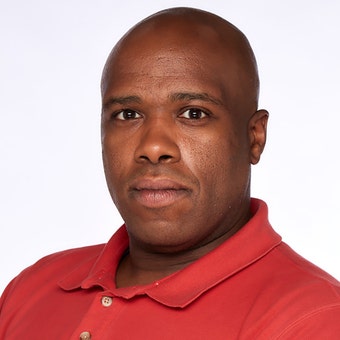Trump officials to advance maximum pressure campaign against Iran
Fox News correspondent Rich Edson has the latest on events in Middle East on 'Special Report'
The State Department refused to offer specifics after the Trump administration pulled as many as half of America’s diplomats from the U.S. Embassy in Baghdad.
“The State Department continually adjusts its diplomatic presence at embassies and consulates throughout the world in line with its mission, the local security environment, the health situation, and even the holidays,” a department official said in a statement. “Ensuring the safety of U.S. government personnel, U.S. citizens, and the security of our facilities, remains our highest priority.”
"Ambassador [Matthew] Tueller remains in Iraq and the Embassy in Baghdad continues to operate," the spokesperson added in a statement.
WORLD'S NUCLEAR CAPABILITIES ARE DECREASING IN OVERALL NUMBERS BUT GROWING DEADLIER
The report comes with the looming one year anniversary when President Trump ordered a game-changing U.S. military attack that killed Iranian Gen. Qassem Soleimani, the head of the Islamic Revolutionary Guard Corps' elite Quds Force, among other military officials at Baghdad International Airport, the Pentagon confirmed.
Soleimani was the military mastermind who Secretary of State Mike Pompeo had deemed equally as dangerous as Islamic State leader Abu Bakr al-Baghdadi. Last October, Baghdadi killed himself during a U.S. raid on a compound in northwest Syria, seven months after the so-called ISIS "caliphate" crumbled as the terrorist group lost its final swath of Syrian territory in March.
WHAT HE KNEW: WHY IRANIAN NUCLEAR SCIENTIST MOHSEN FAKHRIZADEH WAS MARKED FOR DEATH
The Middle East has been roiled with tensions this week as a top Iranian security official on Monday accused Israel of using “electronic devices” to remotely kill a scientist who founded the Islamic Republic’s military nuclear program in the 2000s.
Ali Shamkhani, the secretary of the country’s Supreme National Security Council, made the comment at the funeral for Mohsen Fakhrizadeh, where Iran’s defense minister separately vowed to continue the man’s work “with more speed and more power.”
Israel, long suspected of killing Iranian nuclear scientists over the last decade, has repeatedly declined to comment on the attack.
As the dust settled after the assassination of Fakhrizadeh last Friday, the international community is once again forced to confront the troubling question of where does Iran stand when it comes to nuclear ambitions?
After its program was officially shuttered due to international pressure in 2003, Tehran has repeatedly denied that its atomic aspirations have been covertly revived. The country's entrance into the 2015 Joint Comprehensive Plan of Action -- the controversial so-called Iran nuclear deal -- was centered on the premise it would continue halting its program for another 15 years.









